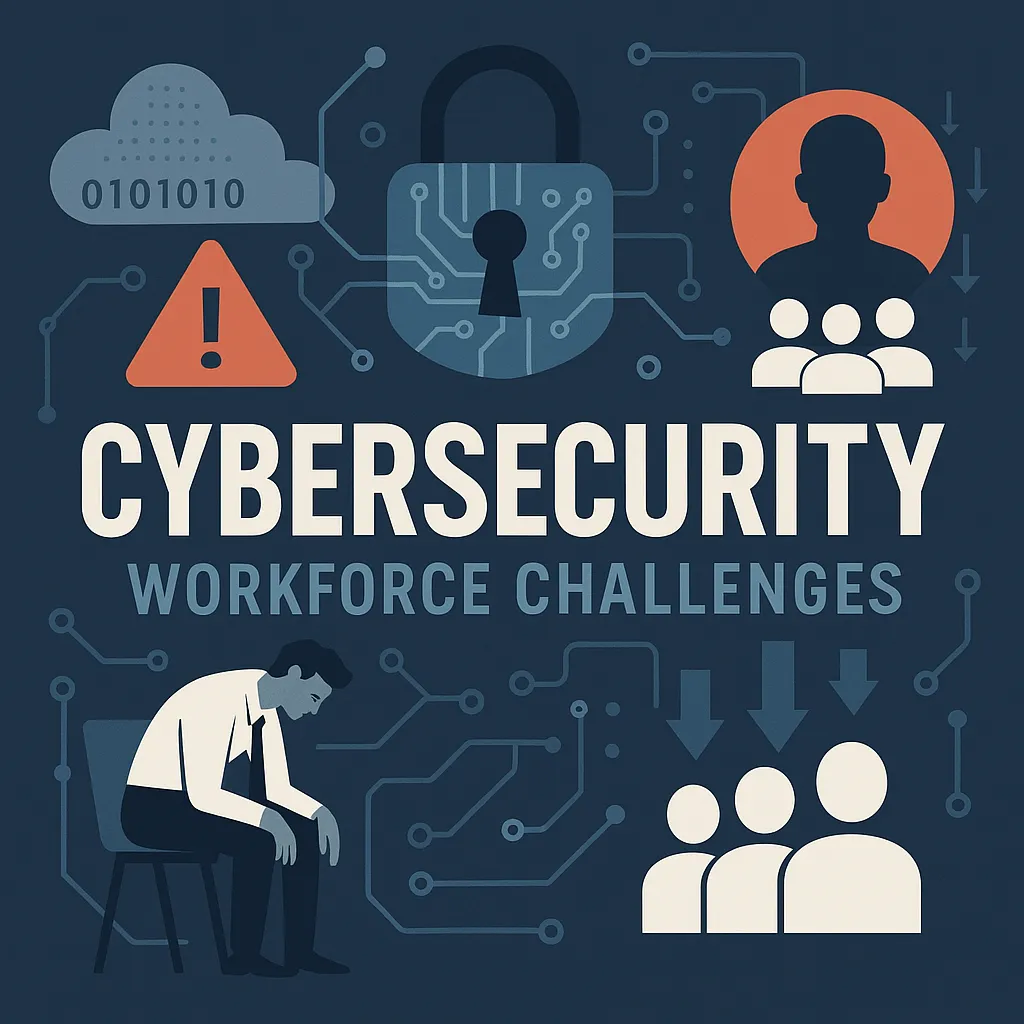Bridging the Gap: Understanding the Global Cybersecurity Talent Shortage
The realm of cybersecurity is facing an acute challenge that isn't just about sophisticated hacking techniques or advanced technology—it's about people. A significant shortage in skilled cybersecurity professionals is noted across various global regions, with substantial implications for both present and future digital security landscapes.
What is the Cybersecurity Talent Shortage?
The cybersecurity talent shortage refers to the gap between the supply of qualified cybersecurity personnel and the demand for these professionals to secure IT networks, systems, and data. The Asia-Pacific region and Latin America & the Caribbean, among others, have reported substantial shortages in cybersecurity professionals, which directly impacts the ability to effectively protect data and manage cyber threats.
Impact on Leadership and Security Operations
Leadership within the cybersecurity realm is crucial as leaders are not only decision-makers but also strategists who forecast cybersecurity trends and threats. The lack of skilled workforce, as noted in one report, severely affects the development of strong leadership in cybersecurity, which in turn compromises the overall security posture of an organization.
Assessing the Depth of the Shortage
As reported by ZDNET and highlighted in discussions around Latin America and the Caribbean, the numbers are quite alarming with millions of positions remaining unfilled. This gap not only signifies a huge number of jobs but also underscores the increased risks and potential for damage due to inadequate cybersecurity measures.
Why the Shortage Matters
Every unfilled position in cybersecurity is a potential vulnerability. Organizations with fewer cybersecurity professionals frequently face higher risks of data breaches and cyber attacks. This shortage also puts immense pressure on existing staff, potentially leading to burnout and reduced effectiveness.
Ways to Mitigate the Crisis
To combat the shortage, educational institutions and corporations need to develop targeted educational programs and apprenticeships to prepare the next generation of cybersecurity experts. Advocating for a clearer career pathway in cybersecurity can also help attract more individuals to the field. Additionally, leveraging artificial intelligence and automation can fill certain gaps, although human oversight remains irreplaceable.
Conclusion: The Road Ahead
The cybersecurity talent crunch is an issue with broad-ranging implications. Addressing it requires concerted effort globally, from enhanced educational initiatives to strategic governmental and corporate investments in cybersecurity training and awareness. Taking proactive steps now is essential to safeguard our digital future.
